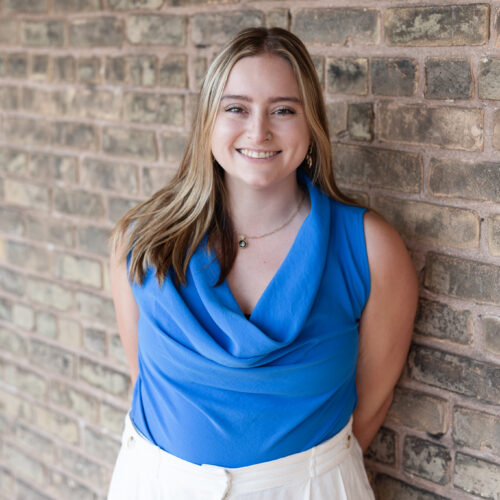About Advanced Advocacy Training
Advanced Advocacy trainings are meant for experienced advocates looking to expand and deepen their knowledge of victim advocacy.
Courses:
Mind the Gap: 2023 NCA Advocacy Standards Training
Mind the Gap is an advanced training designed for advocates who have completed a comprehensive 24-hour Advocacy Training before 2023.
This course builds upon the foundational principles of victim advocacy outlined in the 2017 accreditation standards and prepares participants to meet the 2023 Victim Advocacy Standard for Accreditation established by the National Children’s Alliance (NCA). The training has been officially approved by the NCA.
Over the course of 3 hours, participants will deepen their understanding of key topics including:
- Victim Rights and Compensation (pre-reading materials)
- Cultural Responsiveness and Addressing Explicit Bias
- Caregiver Resilience
- Domestic Violence and Polyvictimization
- Effective Referral Methods
Webinars:
Adult Survivors of Sexual Abuse: Working with NOC’s Who Have Been Victims
Sexual abuse can be generational. Caregivers who have experienced abuse, now walk through our doors after a report from their own child. Their child’s report may trigger a new crisis stage for parents in their own healing journey. Understanding common experiences and needs of adult survivors can help advocates support them in their efforts to help support their children.
Building Advocacy Relationships with Resistive and Reluctant Caregivers
This advanced session will guide advocates to dive deeper into the relationships that they have with social services and law enforcement alongside the families they serve in the advocacy role. We will discuss the implications and the intersectionality of the notorious systems labeled ‘non-compliant’ caregivers throughout a case and/or child maltreatment investigation. The training will share the advocacy perspective rooted in the work of Ellen Pence and the Advocacy Learning Center, bridging grassroots work of domestic violence to the child advocacy center field. Participants will learn about how to better advocate for caregivers labeled as non-compliant, resistive, or reluctant. Trainers will facilitate discussion among participants designed to help shed light on the lived experiences of families of families and how they may present to multi-disciplinary professionals from a systems perspective.
Failure to Protect or Protective Factors? Identifying Protective Factors in the Co-occurrence of Domestic Violence and Child Abuse
For advocates working with children disclosing abuse, it is important to align with caregivers to effectively advocate and amplify their voices during the investigation and healing process. Knowing that domestic abuse co-occurs at a substantially high rate alongside child abuse magnifies an advocate’s ability to engage caregivers to advocacy. In this session, participants will learn the barriers that victims of domestic violence face in leaving an abusive relationship, specifically when children are involved, and how system intervention may inadvertently create additional barriers. Additionally, the presenter will discuss barriers that children face to disclosing their own victimization when family violence is present in the home. We will examine protective factors that supportive caregivers have put in place to keep their children and themselves safe as well as how systems and advocates can best support families experiencing these types of victimization utilizing a multi-disciplinary approach.
Porn, Let’s Talk About It
Currently, only 62% of our nation’s states require education on healthy relationships and so adolescents are left to fill in the gaps of what healthy sex looks like by turning to media and pornography’s representation of sexual relationships. As child abuse professionals, we can help families understand the disparities of sexual education and encourage facilitating open and age-appropriate dialogue with youth to empower them to make informed decisions around their sexual health and identity.
The Power of PCEs
Sexual abuse can be generational. Caregivers who have experienced abuse, now walk through our doors after a report from their own child. Their child’s report may trigger a new crisis stage for parents in their own healing journey. Understanding common experiences and needs of adult survivors can help advocates support them in their efforts to help support their children.
As Health and Human Service Professionals, we are aware of Adverse Childhood Experiences (ACEs) and the lasting effects that they can have on a developing… Learn More
Mind the Gap is an advanced training designed for advocates who have already completed a comprehensive 24-hour Advocacy Training. This course builds upon… Learn More




